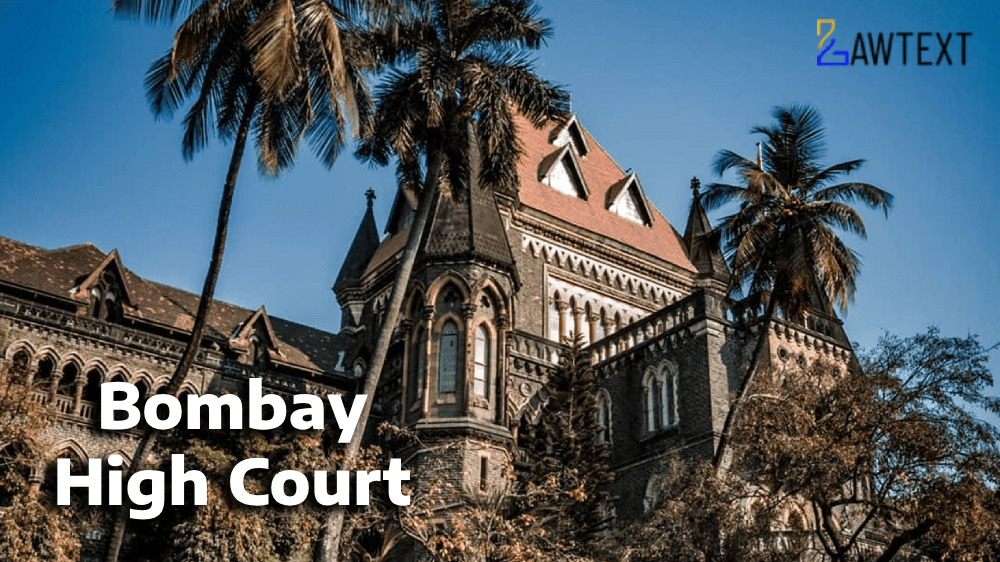Bombay High Court Invalidates Post Facto CRZ Clearance Policy Issued by Union Government. “Environmental Law Cannot Endorse Post Facto Approvals”

CASE NOTE & SUMMARY
The Bombay High Court addressed the legality of an Office Memorandum issued by the Ministry of Environment, Forest, and Climate Change, which allowed post facto Coastal Regulation Zone (CRZ) clearances for projects that began without prior approval. The petitioners, Vanashakti, challenged this memorandum on the grounds that it violated the Environment Protection Act, 1986, and relevant CRZ Notifications. The court ruled that the Office Memorandum was not statutory and contravened the CRZ Notification, 2019, which mandates prior clearance for all projects.
-
Challenged Office Memorandum:
- The petition challenged the validity of the Office Memorandum dated February 19, 2021, allowing post facto CRZ clearance for activities commenced without prior permission. The petitioners argued this violated the CRZ regime under the Environment Protection Act and the CRZ Notification, 2019, which requires mandatory prior approval for activities in CRZ areas.
-
Statutory Provisions:
- Environment Protection Act, 1986: Section 3(1) and 3(2)(v) empower the central government to regulate environmental protection measures, including coastal areas.
- CRZ Notifications: The 2011 and 2019 CRZ Notifications govern activities in coastal areas, with the 2019 Notification replacing the earlier ones and mandating prior approval.
-
Petitioners' Argument:
- The petitioners argued that the Office Memorandum could not override statutory CRZ Notifications and was ultra vires as it permitted post facto clearances contrary to the environmental principles of precaution and sustainability.
-
Union of India's Defence:
- The Union of India defended the Office Memorandum, citing judgments like Alembic Pharmaceuticals Ltd. and orders from the Jharkhand High Court. They argued the memorandum aimed to regulate and minimize environmental damage for projects inadvertently commenced without CRZ clearance.
Paragraph-wise Main Facts:
Para 1-10: Introduction and Petitioners' Challenge
- Vanashakti & Anr. filed a PIL challenging the Office Memorandum, claiming it contradicted the CRZ Notification, 2019, by allowing post facto clearances.
- The petitioners contended that prior CRZ clearance is mandatory and that the memorandum violated statutory CRZ regulations.
Para 11-14: Union of India's Defence
- The Union argued that the memorandum aimed to address requests from states for regularizing activities due to lack of awareness and sought to avoid further environmental harm.
- The government justified the memorandum by referencing past judicial rulings, including the Alembic Pharmaceuticals Ltd. case.
Para 15-17: Interveners' Submissions
- Interveners, including the Government of Nagaland and National Real Estate Development Council (NAREDCO), supported the Union's position, seeking relief for projects inadvertently commenced without CRZ clearance due to regulatory confusion.
Para 18-23: Court's Findings
- The Court noted that the CRZ Notification, 2019, supersedes prior notifications and mandates prior clearance.
- The Office Memorandum could not be legally sustained as it contradicted the CRZ Notification, which had statutory force.
Para 24-27: Ruling and Ratio Decidendi
- The Court held that post facto environmental clearances violate the precautionary principle and are alien to environmental jurisprudence.
- The judgment emphasized that environmental clearances must be obtained before any project starts to prevent irreparable harm to the environment.
Ratio Decidendi:
The Court held that environmental law cannot endorse post facto clearances as they violate the core principles of precaution and sustainable development. The statutory requirement of prior approval under the CRZ Notification, 2019, cannot be overridden by administrative instructions like the Office Memorandum.
Acts and Sections Discussed:
- Article 226 of the Constitution of India – Powers of High Courts to issue certain writs.
- Environment Protection Act, 1986:
- Section 3: Power of the central government to protect the environment.
- Section 5: Directions regarding environmental protection.
- Coastal Regulation Zone (CRZ) Notifications, 2011 and 2019:
- Mandating prior clearance for activities in CRZ areas.
Subjects:
- Post facto environmental clearance, Coastal Regulation Zone (CRZ) notifications, precautionary principle, sustainable development.
- Environmental Law, CRZ Clearance, Post Facto Approvals, Vanashakti Judgment, Sustainable Development, Bombay High Court.
ISSUE OF CONSIDERATION
Vanashakti & Anr. Versus Union Of India & Ors.
Citation: 2024 LawText (BOM) (9) 241
Case Number: PUBLIC INTEREST LITIGATION NO.7 OF 2023 WITH INTERIM APPLICATION NO. 1320 OF 2021 IN PUBLIC INTEREST LITIGATION 7 OF 2023 WITH INTERIM APPLICATION (L) NO. 35241 OF 2023 IN PUBLIC INTEREST LITIGATION 7 OF 2023 WITH INTERIM APPLICATION (L) NO. 4411 OF 2023 IN PUBLIC INTEREST LITIGATION 7 OF 2023 WITH INTERIM APPLICATION (L) NO. 35236 OF 2023 IN PUBLIC INTEREST LITIGATION 7 OF 2023 WITH INTERIM APPLICATION (L) NO. 4408 OF 2023 IN PUBLIC INTEREST LITIGATION 7 OF 2023
Date of Decision: 2024-09-24
Case Title: Vanashakti & Anr. Versus Union Of India & Ors.
Before Judge: DEVENDRA KUMAR UPADHYAYA, CJ. & AMIT BORKAR, J.
Advocate(s): Shri Akash Rebello a/w Shri Zaman Ali a/w Ms. Karishma Rao and Shri Yogesh Pandey for the Petitioners. Shri Saurabh Butala a/w Ms. Nikita Mandaniyan i/b Shri Harshad Bhadbhade for the Applicant (NAREDCO). Shri Saket Mone a/w Ms. Anchita Nair and Shri Abhishek Salian i/b Vidhi Partners for Interveners in IA/4408/2023 and IA/4411/2023, IA/35241/2023 and IA/35236/2023. Shri Y.R.Mishra with Shri Dashrath A Dube and Shri Upendra Lokegoankar for Respondent No.1/ Union of India. Smt. Jyoti Chavan, Additional Government Pleader for State of Maharashtra. Ms. Jaya Bagwe for Respondent No.3 (MCZMA)
Appellant: Vanashakti & Anr.
Respondent: Union Of India & Ors.

